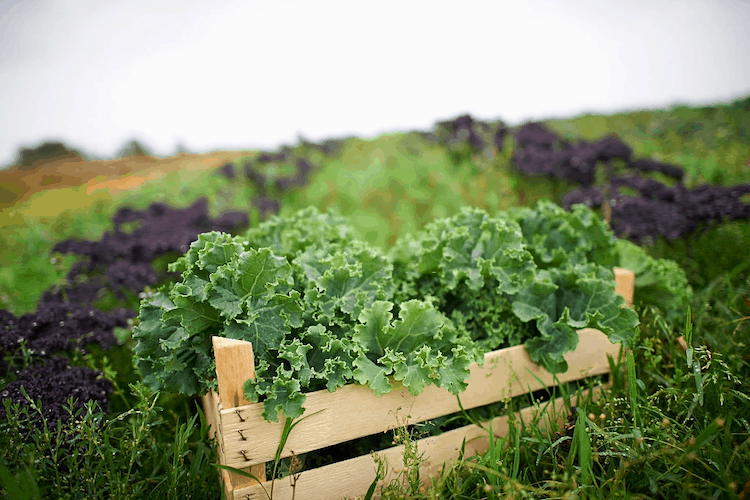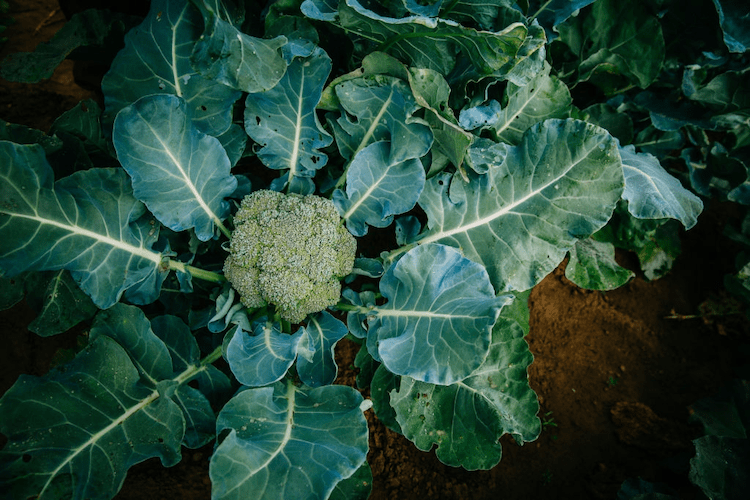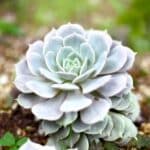In today's article, we'll be looking at what not to plant with kale. Kale, also known as Brassica oleracea var. acephala, is a dark green leafy vegetable that contains the right proportion of essential body nutrients.
Armed with the right information, kale is quite an easy plant to grow despite belonging to the family of cabbage that is prone to pest attacks.
As a result of its susceptibility to pest attacks, kale requires companion plants that would help it overcome pest attacks and thrive well.
Some of the excellent companion plants of kale include dills, garlic, onions, nasturtium, and herbs of the mint family such as rosemary, thyme, and sage.
While these plants are suitable for kale, some plants are detrimental to kale when planted alongside it. These plants are not meant to be planted with kale, and we shall be discussing these plants in detail.
This would help you shouldn't plant with kale and how to help your kale plants thrive under optimal soil and weather conditions.
Read Also: How to Harvest Kale So it Keeps Growing
Table of Contents
What Are Allelopaths?
Allelopaths are plants that are unfriendly to other plants grown around or close to them. These plants give off some harmful chemicals to other plants.
These harmful chemicals usually get into the soil either through leaves that fall to the ground and decompose or through rainfall that wash them off living leaves onto nearby plants and soil.
It is therefore pertinent that you become aware of allelopaths to avoid attacks from pests and chemicals and the occurrence of undesirable results in plants.
What Not To Plant with Kale
Now, if you're still wondering what not to plant with kale, check the list below. The following allelopathic plants have the potential of causing harm to kale:
Sunflower
Sunflowers are allelopathic to kale and other plants because they contain some chemicals that disrupt the cellular metabolism of kale seeds. The chemical that sunflower gives off prevents kale from germinating.
Kale plants should not be grown anywhere close to sunflowers.
Black Walnut Tree
Black walnut trees are allelopathic and not good companion plants to kale and most plants. The black walnut tree produces a toxic chemical known as juglone. Kale is severely sensitive to juglone and should not be grown close to black walnut trees.
Juglone adversely affects plants that are grown at least 50 feet away from the black walnut tree. Kale plants and other plants, when grown close to black walnut trees show symptoms such as yellowing of leaves, wilting, stunted growth and eventual death of the plant.
Beans
Beans are generally edible companion plants to most vegetable plants because they fix nitrogen in the soil and do not compete for soil nitrogen.
However, beans are not useful companion plants of kale and other vegetables of the cabbage family like broccoli, cauliflower, chives, etc.
Tree of Heaven
The tree of heaven is allelopathic to kale because it contains some phytotoxic chemicals in its bark and roots. These phytotoxic chemicals inhibit the growth of kale roots, which leads to stunted growth and sometimes the ultimate death of kale.
The tree of heaven also hosts spotted lanternflies, which are destructive pests of kale. Therefore, for optimal growth and development of kale, it should be grown far away from the tree of heaven.
Tomatoes
Tomatoes are not good companion plants of kale; they do not complement each other in any way whatsoever! Tomato hinders the optimal growth of kale by blocking sunlight from reaching kale.
Kale grows very close to the ground, and as a result of the towering height of tomatoes over it, adequate sunlight is cut off from it.
Both crops, when planted together, compete for root space, and this leads to the stunted growth of the distinct weaker plant, tomato. Tomato plants, when grown close to cabbage, produce small tomato fruits.
Broccoli
Broccoli and other vegetables in the cabbage family are not good companion plants of kale because they belong to the same nightshade family. This implies that they share the same bacterial, fungal, and viral diseases. They share a lot of common pests as well.
These features make it unreasonable to grow these plants next to each other in a garden or a pot. They will hinder the optimal growth and development of one another and, above all, increase their susceptibility to pest attack.
Fennel
Fennel is not a suitable companion plant for a lot of plants and vegetables, including kale. Fennel, like walnut, tree of heaven, and a black walnut tree, produces a chemical substance that inhibits root and plant growth. When kale is planted alongside fennel, its growth is stunted, and it produces smaller kale leaves.
Due to the toxicity of fennel to other plants, it is advised that if you must grow it, you should grow it very far from other plants in your garden. Allot it a special area of your garden where its toxic effect cannot reach other plants.
Strawberry
Strawberries are not good companion plants of kale, and kale isn’t suitable for strawberries as well. Both plants do not thrive when planted in close range to each other because kale is prone to pest attacks. Strawberries do not thrive around or close to plants that are prone to pest attacks.
Read Also: Can Strawberry be Grown in the Fall?
Basil
Basil belongs to the mint family Lamiaceae and is not suitable as companion plants for kale. One of the reasons you shouldn’t grow both plants alongside each other is that most of the time, basil influences the flavor of kale leaves. Basil is a strong minty herb and alters the flavor of plants grown around it.
Lettuce
Lettuce is a harmful companion plant to kale and cauliflower. Lettuce, especially the leafy lettuce, when planted alongside kale, increases its chance of suffering from blight.
Blight causes the death of plant tissues, leading to spotting, browning, and withering of plant leaves.
Conclusion
Companion planting is not a precise science. Hence we encourage that you continue to experiment with different plants to find out what works out for you and your plants. However, these plants have proven to be part of what not to plant with kale.
Kale is a pest prone plant and requires optimal care while growing. It should also be grown away from plants that share similar pests to reduce susceptibility to pest attack and deterioration of overall output.







Leave a Reply